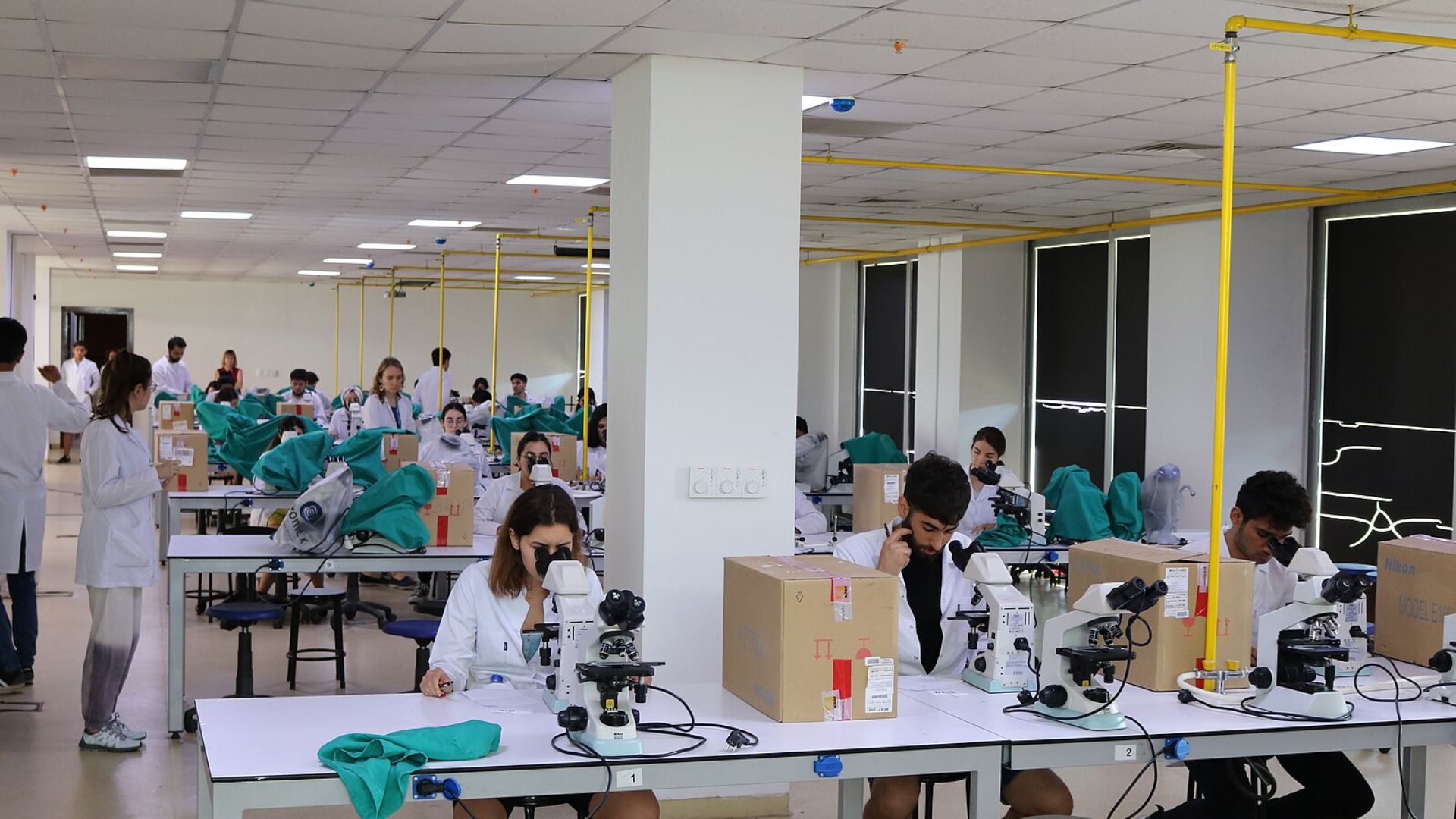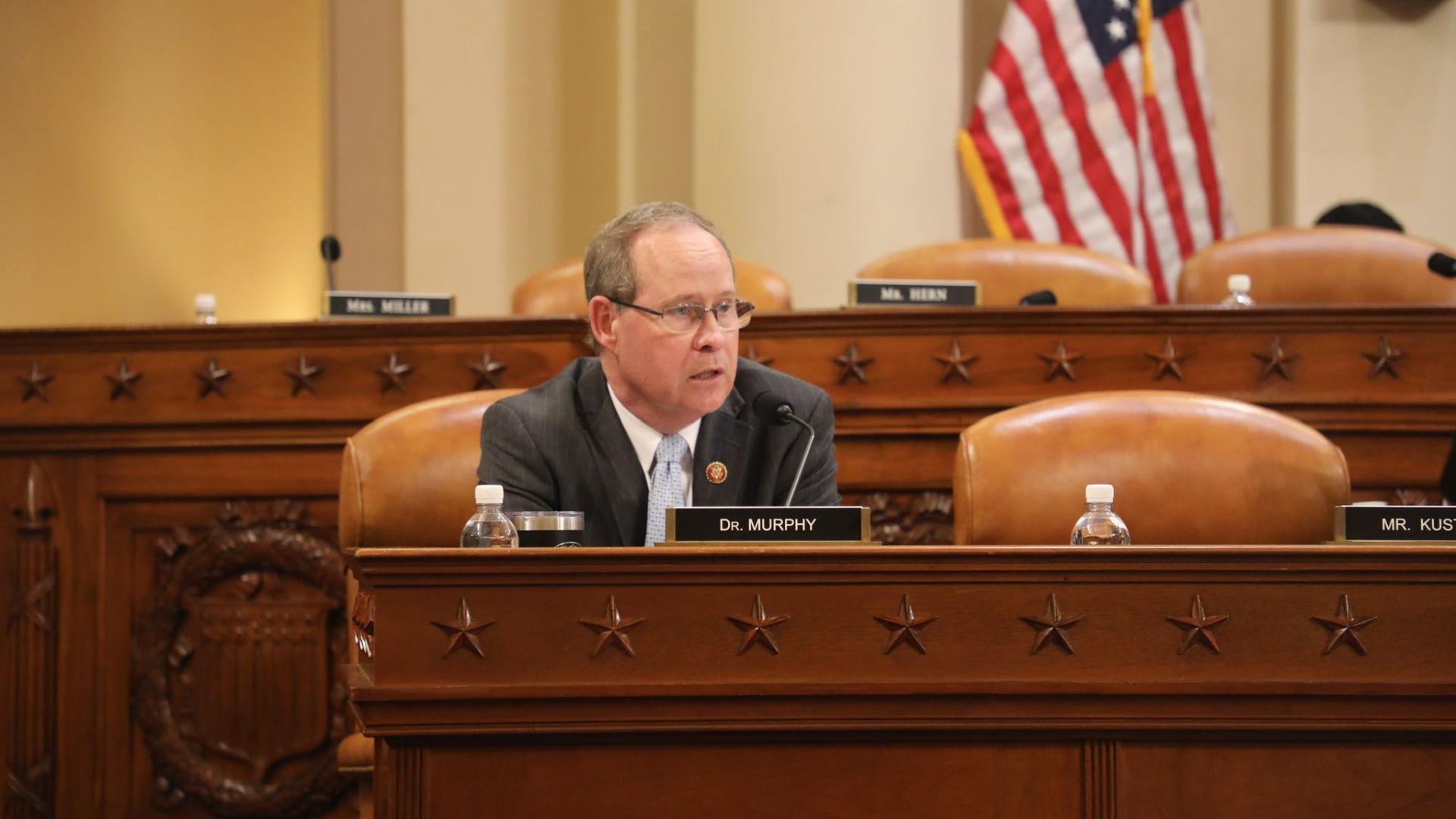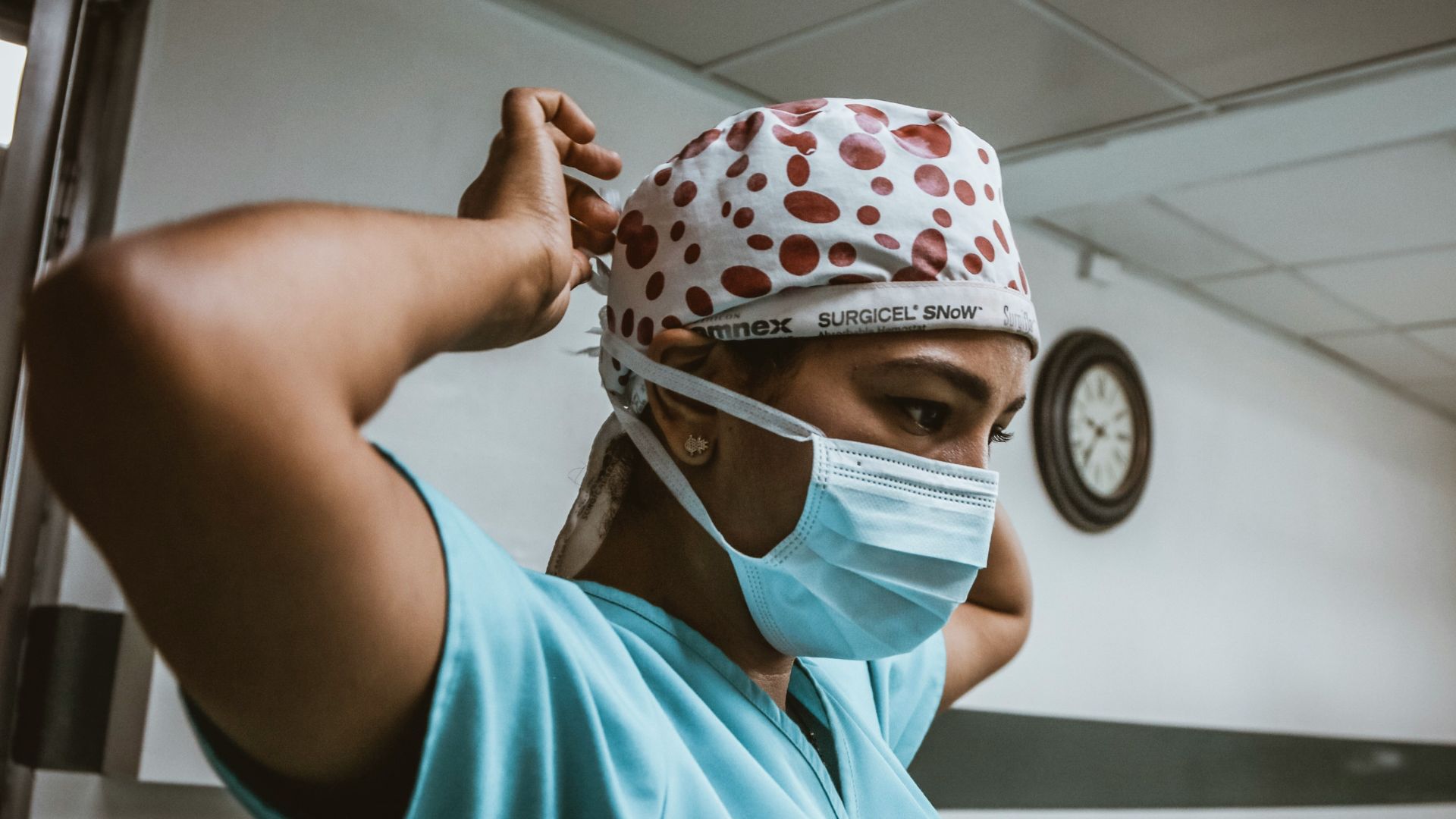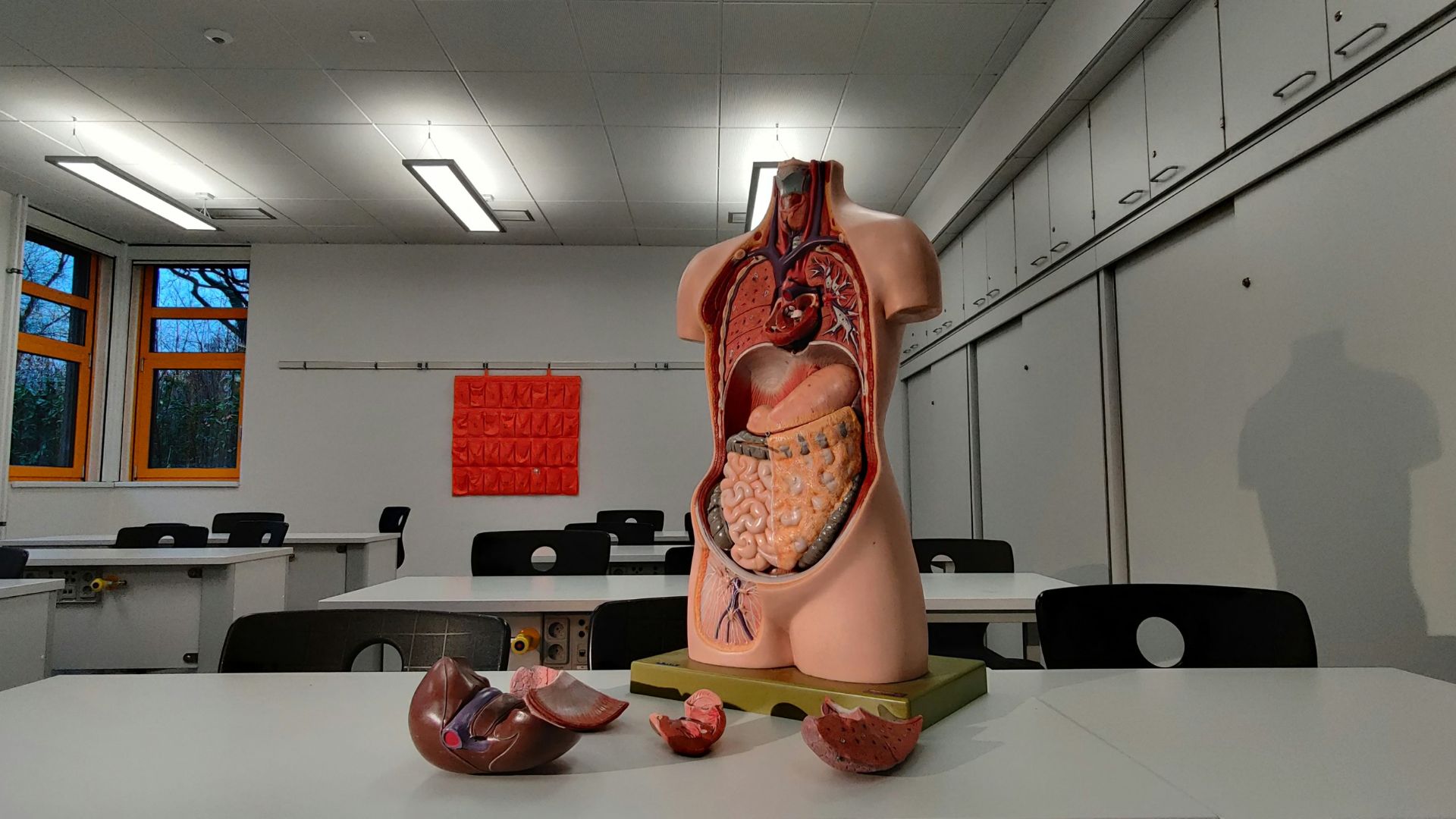More than 50 conservative groups have signed a letter to Speaker Johnson supporting a bill that mandates medical schools to maintain “colorblind admissions processes.”
This move signifies a significant push by these groups to alter the current criteria used in the admissions process of medical schools across the nation.
Concerns About DEI in Medical Education

“Prioritizing the teaching of the political and social ideology at the heart of DEI, to the exclusion or expense of academic excellence, has life and death consequences for millions of patients,” stated the signatories of the letter.
This reflects a profound concern about the impact of DEI on medical training quality.
Broad Coalition Supports EDUCATE Act

The groups advocating for change include Do No Harm, Tea Party Patriots Action, Heritage Action, and Physicians for Reform, among others.
They have collectively urged the House Education and Workforce Committee Chair, Virginia Foxx, and Speaker Mike Johnson to advance the EDUCATE Act through legislative processes.
Introduction of the EDUCATE Act

The EDUCATE Act, introduced by Rep. Greg Murphy, R-N.C., and Rep. Brad Wenstrup, R-Ohio, has garnered the support of 45 other House Republicans.
This bill proposes significant changes to the admissions policies at medical schools, aiming to eliminate considerations of diversity as a factor.
A Practicing Surgeon’s Perspective

Rep. Greg Murphy, the only actively practicing surgeon in Congress, has emphasized the need for change.
He stated the bill “compels medical schools and accrediting agencies to uphold colorblind admissions processes and prohibits the coercion of students who hold certain political opinions.”
The Role of Diversity in Medicine According to Critics

“Diversity strengthens medicine, but not if it’s achieved through exclusionary practices,” said Rep. Greg Murphy.
This quote from the bill’s introduction highlights the tension between achieving diversity and maintaining academic standards in medical education.
Criticism of Current DEI Practices

Opponents of DEI in medical education argue that it “compromises the quality of medical professionals we produce and undermines the importance of scientific expertise and patient care.”
This criticism points to a perceived shift away from traditional academic values.
Advocates for Change Outline Potential Benefits

The signatories of the letter believe that quick legislative action can “restore confidence in medical professionals and roll back the negative consequences of DEI.”
They advocate for a renewed focus on academic and professional excellence within medical training environments.
DEI Questions in Medical School Applications

According to a review by Do No Harm, 36 out of the top 50 ranked medical schools have asked applicants about their views or experiences with DEI.
This practice has been described as overt in how it probes applicants on potentially racially charged statements.
Concerns About the Impact of DEI on Admissions

Critics argue that the current focus on DEI could lead to the rejection of otherwise qualified candidates based solely on race or discourage them from applying.
This concern illustrates a fundamental debate about the criteria used in selecting future medical professionals.
Support for DEI Among Some in the Medical Community

Despite criticism, there are strong supporters of DEI who believe it is essential for training medical professionals from diverse backgrounds.
The Association of American Medical Colleges argues that “research shows that a diverse and inclusive biomedical research workforce with individuals from historically excluded and underrepresented groups is critical.”
The Future of Medical School Admissions

As the debate continues, the outcome will have significant implications for the way medical schools select their students and how medical education is delivered in the United States.
This issue remains at the forefront of discussions about the future of healthcare education.
